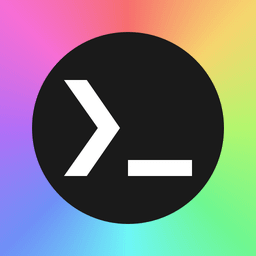

Not too sure if they outright lied, but I suppose we can say that they used the change to make their drives seem larger!
That’s why I wished computer people had used a prefix system distinct from the SI ones. If we’re measuring our storage devices in yeetibytes rather than gigabytes, for example, then I suppose there’s less chance that we’ve ended up in this situation.








For whatever it’s worth, I use (up until fairly recently) KDE Plasma on Arch, and it’s pretty much fine. There’s some hiccups especially after a big update such as KDE Plasma 6, but it’s a smooth ride so far.
If the KDE Plasma developers support an Arch-based distro of their own, and package stuff for this distro with care, I think it’d be a better experience, but I am guessing not by much compared to KDE Plasma on base Arch.